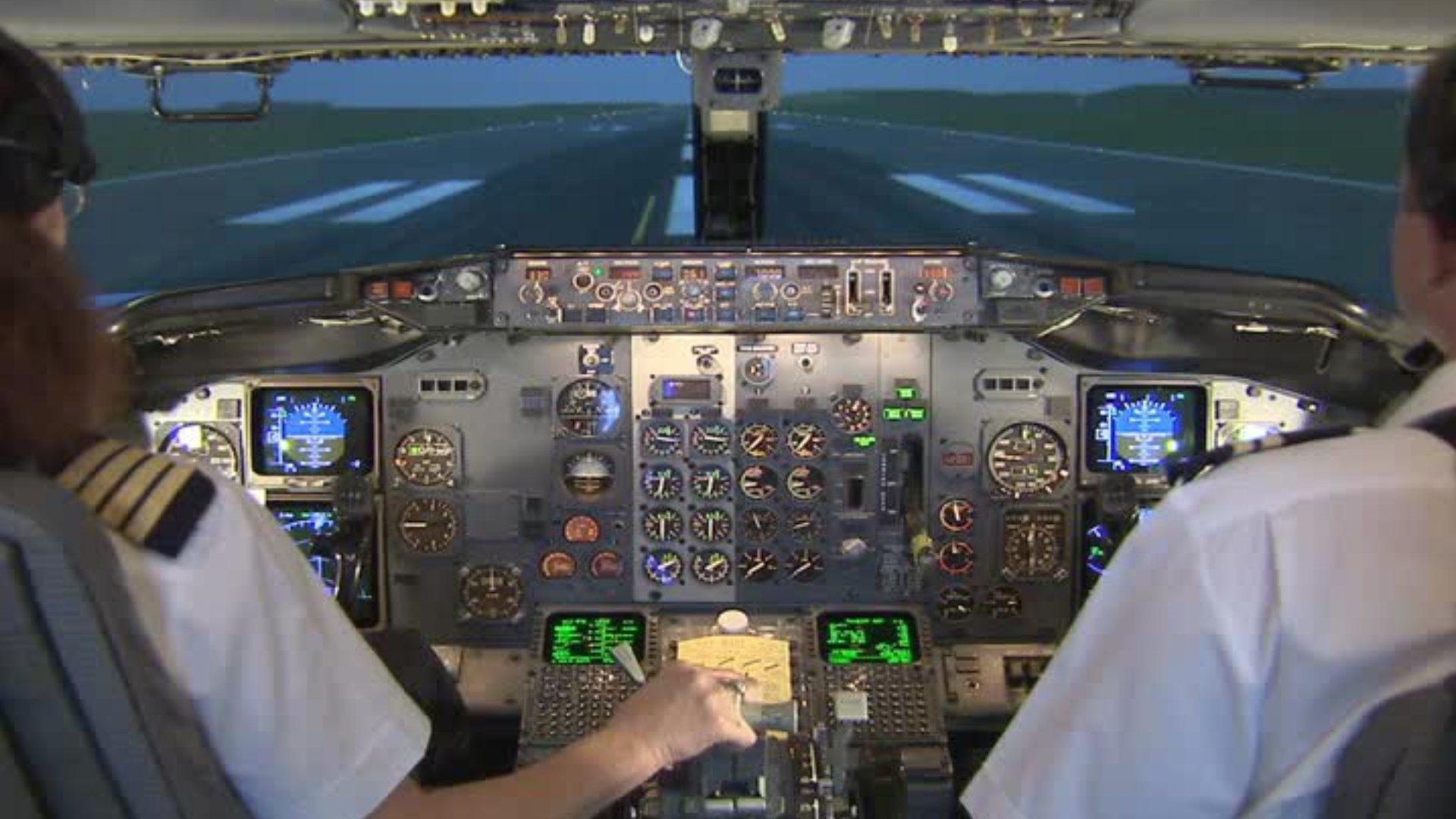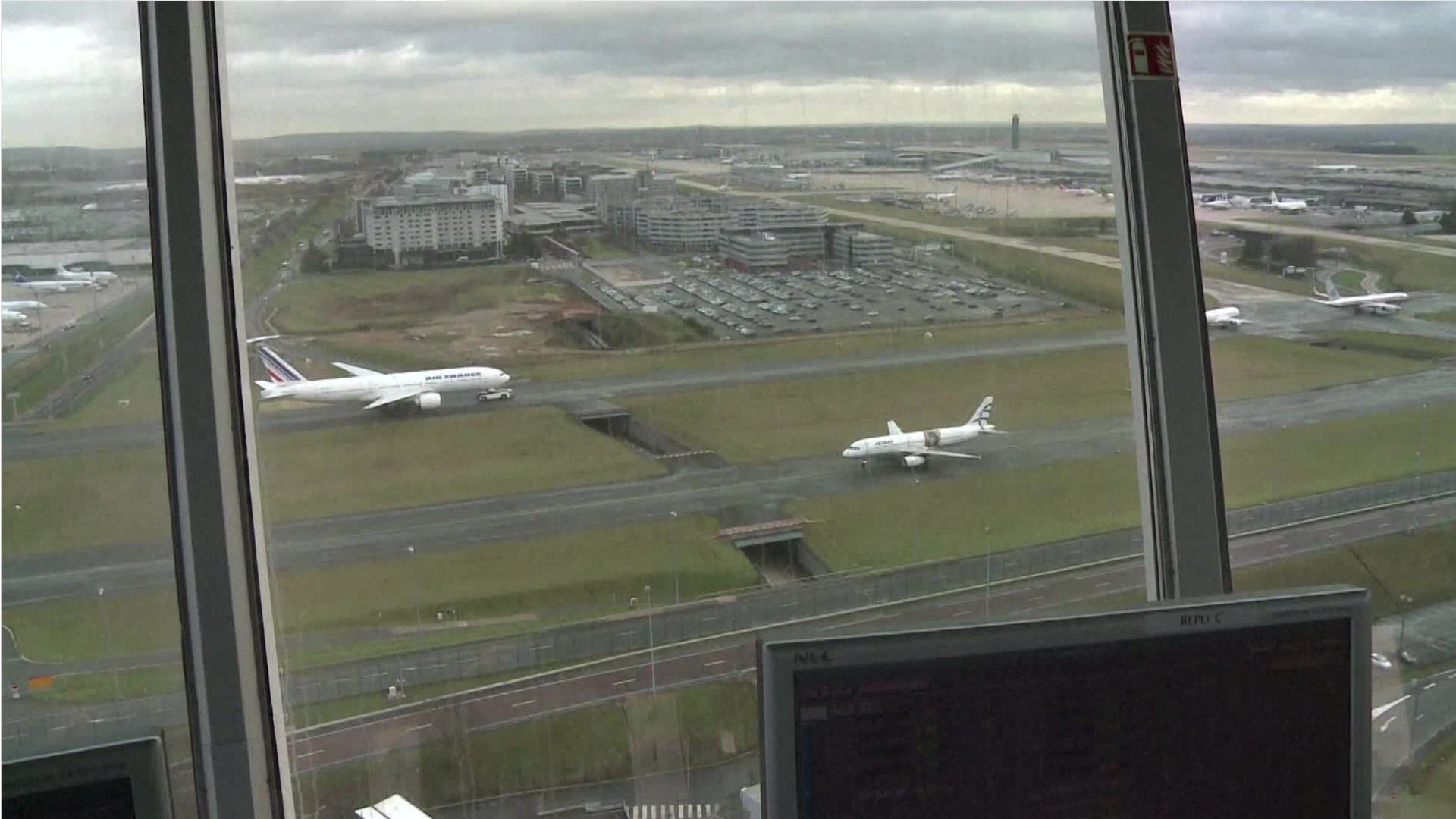Flight Attendant
Flight Attendant
Career Overview
Flight attendants assist passengers on a plane by demonstrating the use of safety equipment, serving snacks during the flight, and providing direction during emergency situations.
Education
Although to be a flight attendant only a high school diploma or equivalent is necessary, many airlines would favor someone who has at least taken some college courses. Degrees in hospitality, public relations, business, or communications would all likely help someone to get a job as a flight attendant. There may also be certain height/weight restrictions. Flight attendants typically receive on-the-job training from their employer and must be certified by the Federal Aviation Administration (FAA).
Future Outlook
Employment of flight attendants is projected to grow 17 percent from 2019 to 2029, much faster than the average for all occupations. Many airlines are replacing smaller aircraft with new, larger planes that can accommodate a greater number of passengers. As a result, this change may increase the number of flight attendants needed on some routes.
Work Environment
Most flight attendants work for the major airline companies, but there are a few who work for corporations and chartered flight companies. Flight attendants are often required to sleep away from home and to work varied schedules including nights, weekends, and holidays. They are also required to do a fair amount of lifting and they spend a lot of time on their feet.
Recommended High School Courses
- Psychology
- Business
- Communication
- Hospitality
- Public Relations
- Active Learning - Understanding the implications of new information for both current and future problem-solving and decision-making.
- Active Listening - Giving full attention to what other people are saying, taking time to understand the points being made, asking questions as appropriate, and not interrupting at inappropriate times.
- Coordination - Adjusting actions in relation to others' actions.
- Critical Thinking - Using logic and reasoning to identify the strengths and weaknesses of alternative solutions, conclusions or approaches to problems.
- Judgment and Decision Making - Considering the relative costs and benefits of potential actions to choose the most appropriate one.
- Monitoring - Monitoring/Assessing performance of yourself, other individuals, or organizations to make improvements or take corrective action.
- Reading Comprehension - Understanding written sentences and paragraphs in work related documents.
- Service Orientation - Actively looking for ways to help people.
- Social Perceptiveness - Being aware of others' reactions and understanding why they react as they do.
- Speaking - Talking to others to convey information effectively.
- Customer and Personal Service - Knowledge of principles and processes for providing customer and personal services. This includes customer needs assessment, meeting quality standards for services, and evaluation of customer satisfaction.
- English Language - Knowledge of the structure and content of the English language including the meaning and spelling of words, rules of composition, and grammar.
- Geography - Knowledge of principles and methods for describing the features of land, sea, and air masses, including their physical characteristics, locations, interrelationships, and distribution of plant, animal, and human life.
- Psychology - Knowledge of human behavior and performance; individual differences in ability, personality, and interests; learning and motivation; psychological research methods; and the assessment and treatment of behavioral and affective disorders.
- Public Safety and Security - Knowledge of relevant equipment, policies, procedures, and strategies to promote effective local, state, or national security operations for the protection of people, data, property, and institutions.
- Sociology and Anthropology - Knowledge of group behavior and dynamics, societal trends and influences, human migrations, ethnicity, cultures and their history and origins.
- Transportation - Knowledge of principles and methods for moving people or goods by air, rail, sea, or road, including the relative costs and benefits.
- Arm-Hand Steadiness - The ability to keep your hand and arm steady while moving your arm or while holding your arm and hand in one position.
- Auditory Attention - The ability to focus on a single source of sound in the presence of other distracting sounds.
- Deductive Reasoning - The ability to apply general rules to specific problems to produce answers that make sense.
- Extent Flexibility - The ability to bend, stretch, twist, or reach with your body, arms, and/or legs.
- Far Vision - The ability to see details at a distance.
- Gross Body Coordination - The ability to coordinate the movement of your arms, legs, and torso together when the whole body is in motion.
- Gross Body Equilibrium - The ability to keep or regain your body balance or stay upright when in an unstable position.
- Inductive Reasoning - The ability to combine pieces of information to form general rules or conclusions (includes finding a relationship among seemingly unrelated events).
- Information Ordering - The ability to arrange things or actions in a certain order or pattern according to a specific rule or set of rules (e.g., patterns of numbers, letters, words, pictures, mathematical operations).
- Manual Dexterity - The ability to quickly move your hand, your hand together with your arm, or your two hands to grasp, manipulate, or assemble objects.
- Multilimb Coordination - The ability to coordinate two or more limbs (for example, two arms, two legs, or one leg and one arm) while sitting, standing, or lying down. It does not involve performing the activities while the whole body is in motion.
- Near Vision - The ability to see details at close range (within a few feet of the observer).
- Oral Comprehension - The ability to listen to and understand information and ideas presented through spoken words and sentences.
- Oral Expression - The ability to communicate information and ideas in speaking so others will understand.
- Perceptual Speed - The ability to quickly and accurately compare similarities and differences among sets of letters, numbers, objects, pictures, or patterns. The things to be compared may be presented at the same time or one after the other. This ability also includes comparing a presented object with a remembered object.
- Problem Sensitivity - The ability to tell when something is wrong or is likely to go wrong. It does not involve solving the problem, only recognizing there is a problem.
- Selective Attention - The ability to concentrate on a task over a period of time without being distracted.
- Speech Clarity - The ability to speak clearly so others can understand you.
- Speech Recognition - The ability to identify and understand the speech of another person.
- Static Strength - The ability to exert maximum muscle force to lift, push, pull, or carry objects.
- Time Sharing - The ability to shift back and forth between two or more activities or sources of information (such as speech, sounds, touch, or other sources).
- Trunk Strength - The ability to use your abdominal and lower back muscles to support part of the body repeatedly or continuously over time without 'giving out' or fatiguing.
- Inspect aircraft or aircraft components.
- Assist others during emergencies.
- Provide transportation information to passengers or customers.
- Provide first aid or rescue assistance in emergencies.
- Receive information or instructions for performing work assignments.
- Monitor availability of equipment or supplies.
- Resolve issues affecting transportation operations.
- Assist customers to ensure comfort or safety.
- Assist passengers during vehicle boarding.
- Verify information or specifications.
- Operate communications equipment or systems.
- Record operational details of travel.
- Clean vehicles or vehicle components.
- Inspect facilities to ensure compliance with safety, quality, or service standards.
- Collect fares or payment from customers.
- Sell products or services.
Approx Salary Expectation
References
Trend Analysis - Explorer the Market, Labour Market Information, Government of Canada https://www.jobbank.gc.ca/trend-analysis.
O*NET OnLine, National Center for O*NET Development, https://www.onetonline.org/.

